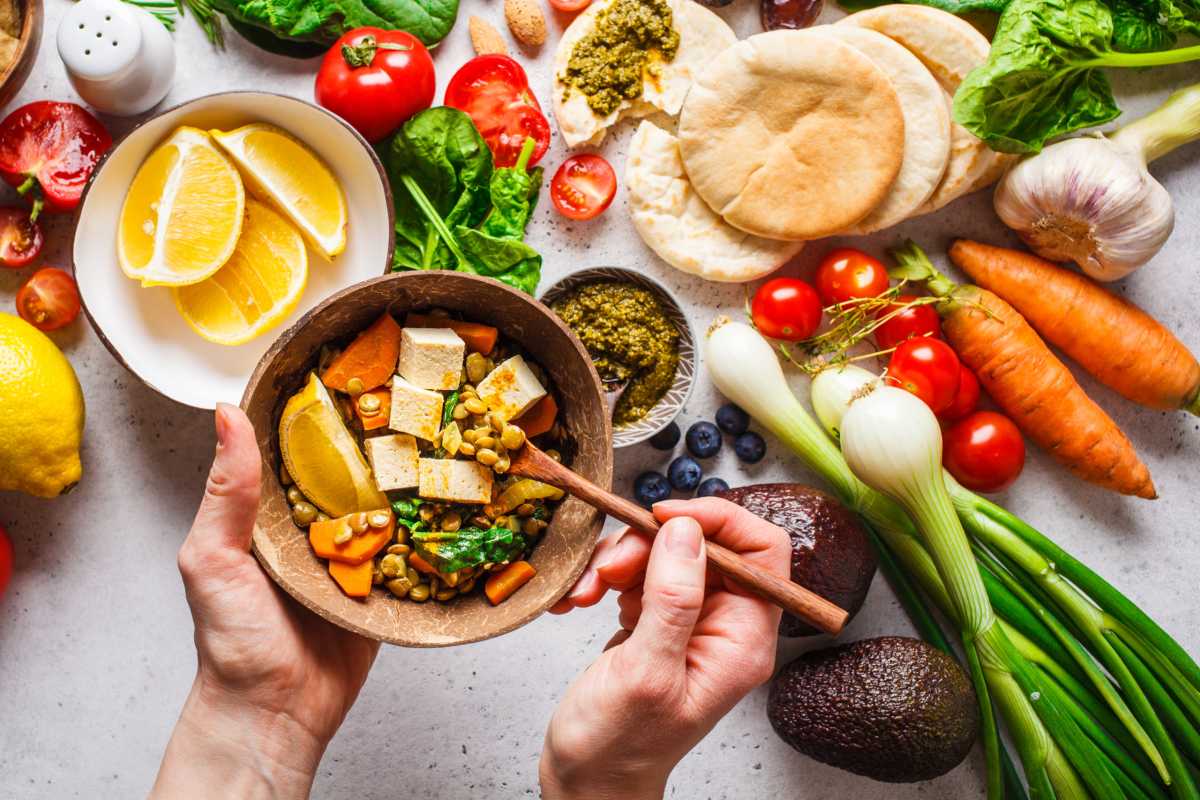By Luz Lancheros, MWN
Like all diets, vegan ones are not exempt from criticism. However, like all diets, they must be flexible and adapted, with the help of a professional. And to help you make small changes, influencer Tati Rodriguez, who has a certification in plant-based nutrition from Nutrition Studies and eCornell, explained to Metro how to make small changes so that becoming a vegan does not result in trauma.
Myth: Physical decompensation
“To avoid the physical decompensation when we change the food, we must keep in mind the nutrient intake. We can use the following percentages as a guide when serving our dishes to ensure that they are balanced: 50% vegetables, 25% complex carbohydrates and 25% proteins,” Rodriguez recommends.
She adds: “Part of the physical decompensation that we may feel when we start eating plant-based food may be due to vitamin B12 deficiency, which can lead to anemia and symptoms of fatigue and tiredness. So it is important that we pay attention to the consumption of B12 as it is found mostly in animal products and when we exclude these foods from our diet, it is necessary to include supplements of this vitamin or foods that are rich in it.”
“If you have any health condition, it is preferable to make diet changes while being guided by a doctor who closely monitors your health.”
Myth: It’s hard to find vegan food
“The vegan diet is based on vegetables, fruits, legumes, grains, seeds, nuts, and tubers, which are fairly easy to get in the mainstream market. Plant protein alternatives such as tofu and tempeh are increasingly available to everyone and we can buy them in supermarkets or on Asian markets,” Rodriguez comments.
Myth: Being vegan doesn’t leave you satisfied
There is always an option to choose other types of food, according to the expert:
“If you don’t feel full when you follow a vegan diet, it doesn’t mean that this diet is not right for you. It is simply a warning that you should choose foods high in fiber and protein and probably increase portion sizes. Plant-based foods tend to provide fewer calories than animal-based foods so we can usually increase our portion sizes to feel that ‘fullness’ for longer periods of time.”
Tip: These foods can be used as substitutes
“Start substituting with foods you already know and like, play with flavors and textures to “veganize” the recipes you are used to eating and add those foods that are new and help quite a bit to substitute the foods you no longer eat,” the expert says.
So, if you like cheese, you can think about Tofu or vegan cheese, if you like the taste. This should be done step by step.
To eat or not to eat vegan food made to cheat flavors?
It is a big mistake, according to Rodriguez:
“If our intention is to eat healthier and more nutritious it is preferable not to include this type of food in our diet because usually processed food is not the one that brings the most benefits to our health. Although it is true that they can help us to satiate the desire to eat foods that we miss and therefore make the change of diet bearable, it is always better to opt for unprocessed products and make this type of food imitation at home using vegetables and seasonings that resemble these flavors and textures,” she concludes.





























